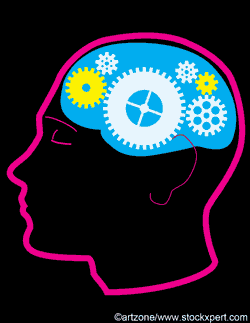Child psychology: Independent learning
Add to My Folder
Use child psychology to help your class put their own learning wheels in motion

Studies of young children have demonstrated repeatedly that the drive to problem solve and learn exists regardless of any external reward or feedback. Developmental psychologist, Jean Piaget, pointed out that a major challenge of teaching is that of harnessing children’s natural desire to explore and understand. This process is easily observed in the Foundation Stage, where the generally play-based curriculum offers many opportunities for children to follow their interests and exercise their imagination. Most teachers would agree that this exploratory learning has to be accompanied by the development of self organisation and gradually increasing levels of independence.
The importance of choice
Erik Erikson, the psychoanalytic writer who proposed a ‘life span’ model of human development, considered that the beginnings of autonomy and independence commence in early childhood. As a child makes choices and decisions, they naturally become more able to accept consequences and grasp the important principle that they are responsible for their own behaviour. Studies on motivation indicate that heavily directed and adult-led approaches can result in rather passive and dependent children. Consequently, these children can become increasingly disengaged from their own learning and education in general.
Children in control
Scholastic Resource Bank: Primary - join today!
- Over 6,000 primary activities, lesson ideas and resources
- Perfect for anyone working with children from 5 to 11 years old
- Unlimited access from just £1.25 per month
Already a member? Sign in below.
Published 27 October 2008
Reviews
You need to be signed in to place a review.